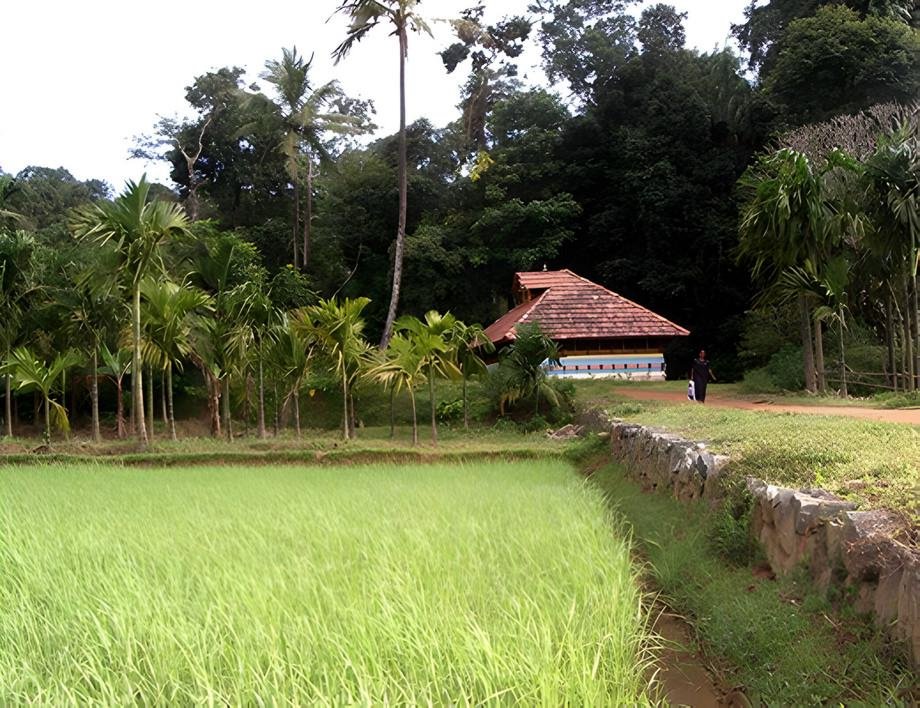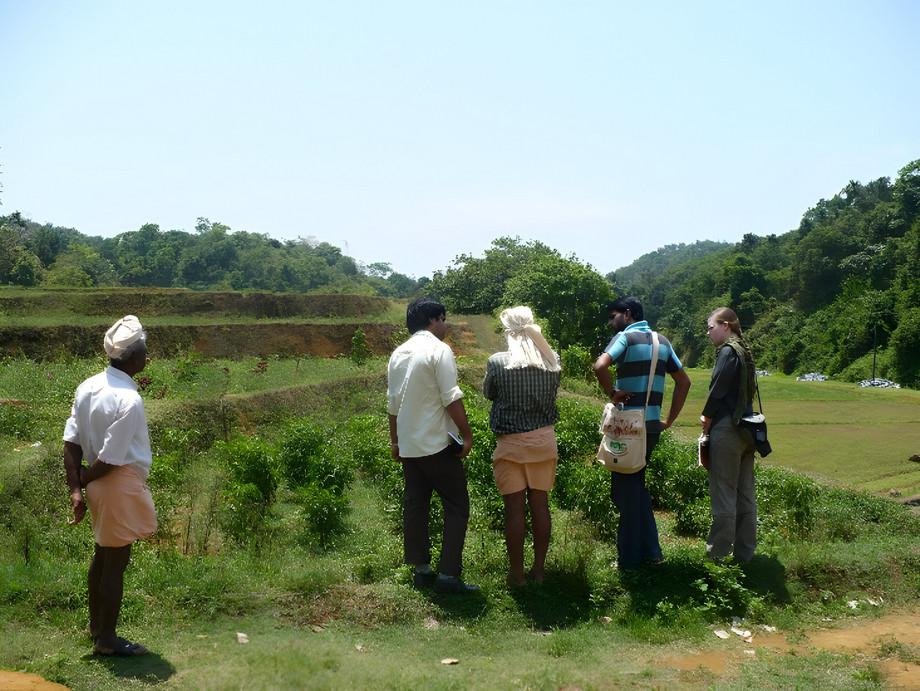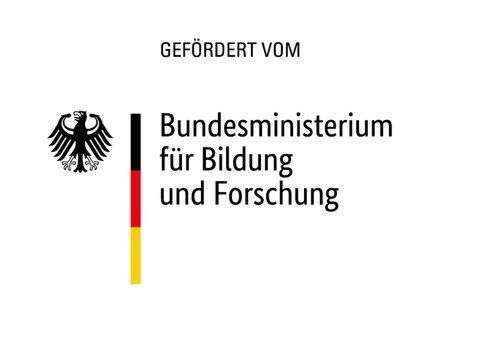Project BioDIVA
BioDIVA - Towards a Gender-Equitable and Sustainable Use of Biodiversity



Agricultural sociologist Martina Padmanabhan coordinates transdisciplinary German and Indian researchers, who generate knowledge to sustain agrobiodiversity in South India. Gender equality plays a major role.
BioDIVA conducts inter- and transdisciplinary research on land-use change and agrobiodiversity in South India. The aim is to generate transformation knowledge that enables local land users and decision makers to assess the current situation and devise strategies for future land resource use. The interactions between social, economic, ecological and institutional processes in the context of rice-biodiversity in the Western Ghats of Kerala, South India are examined.
BioDIVA is one of 12 research groups under the social-ecological programme (SÖF/ FONA) funded by the German Federal Ministry of Education and Research (BMBF) from 2010 to 2014.
BioDIVA: an Indian-German interdisciplinary research team
The research team is made up of Indian and German researchers who explore the social, economic and ecological aspects of agrobiodiversity in the rice farming system in Wayanad District. The central concern is to generate knowledge that enables to halt the loss of agrobiodiversity and to develop future perspectives for indigenous people. The development of transformation knowledge is a first step to tackle both the social and ecological aspects of agrobiodiversity loss, stressing not only the need for conservation but also calling for innovations.
- BioDIVA aims at generating transformation knowledge for a gender-equitable and sustainable use of agrobiodiversity in rice farming systems Kerala, India.
- BioDIVA works with disciplinary research tandems made up of one researcher per discipline based in India and in Germany to benefit from mutual strengths.
- BioDIVA pursues an interdisciplinary research approach to understand the loss of agrobiodiversity from different perspectives and to increase our knowledge at the intersections between disciplines.
- BioDIVA integrates practitioners such as indigenous farming communities, administration, policy makers and development experts, widening our knowledge base in a transdisciplinary fashion.
- BioDIVA works on the transformation of current, negative trends in land use towards sustainable and equitable practices. The gender perspective serves as a crosscutting topic to organise disciplinary results, systematise, synthesise and transform them into instruments for gender-equitable development.
BioDIVA Explores the Sustainable and Gender-Equitable Use of Agrobiodiversity
The state of Kerala has a high variety of local rice landraces in the uplands. However, recent and ongoing changes in land use are accompanied by the loss of biodiversity and local species in agricultural systems, the degradation of argo-ecosystems and the transformation of gender relations are concrete manifestations.
The research project builds on interdisciplinary research in rural sociology, ecology, land use change, gender studies as well as institutional and resource economy. Moreover, BioDIVA integrates non-academic knowledge in order to foster the understanding of real life problems faced by local land users. The key strategic partner in the field is the M.S. Swaminathan Research Foundation (MSSRF) in Chennai, India; whereas selected ventures are pursued with the German Society for International Cooperation (GIZ) and the International Food and Policy Research Institute (IFPRI).
| Principal Investigator(s) at the University | Prof. Dr. Martina Padmanabhan (Lehrstuhl für Vergleichende Entwicklungs- und Kulturforschung (Schwerpunkt Südostasien)) |
|---|---|
| Project period | 01.02.2010 - 31.05.2014 |
| Website | http://www.uni-passau.de/biodiva/startseite/ |
| Source of funding |  BMBF - Bundesministerium für Bildung und Forschung |
| Themenfelder | Soziologie, Agrarökonomie und -soziologie |

